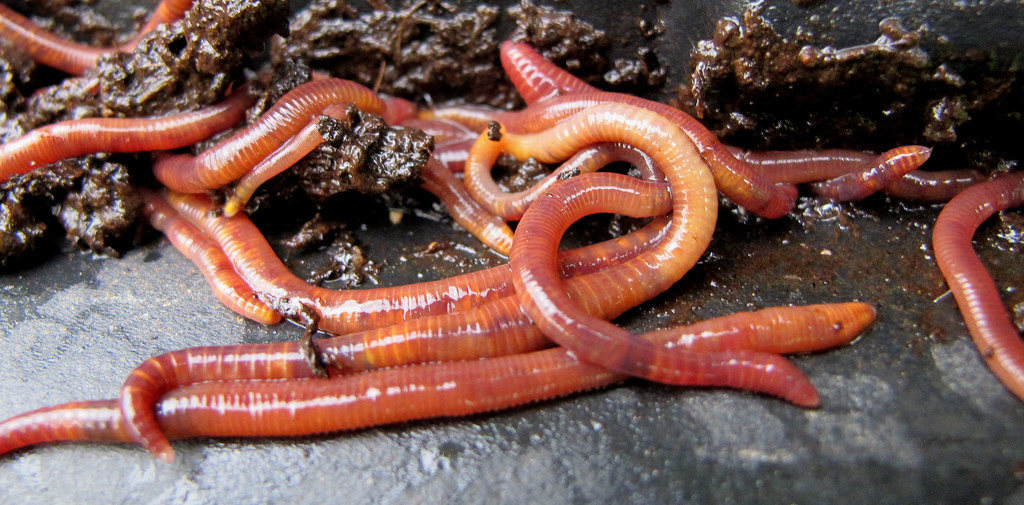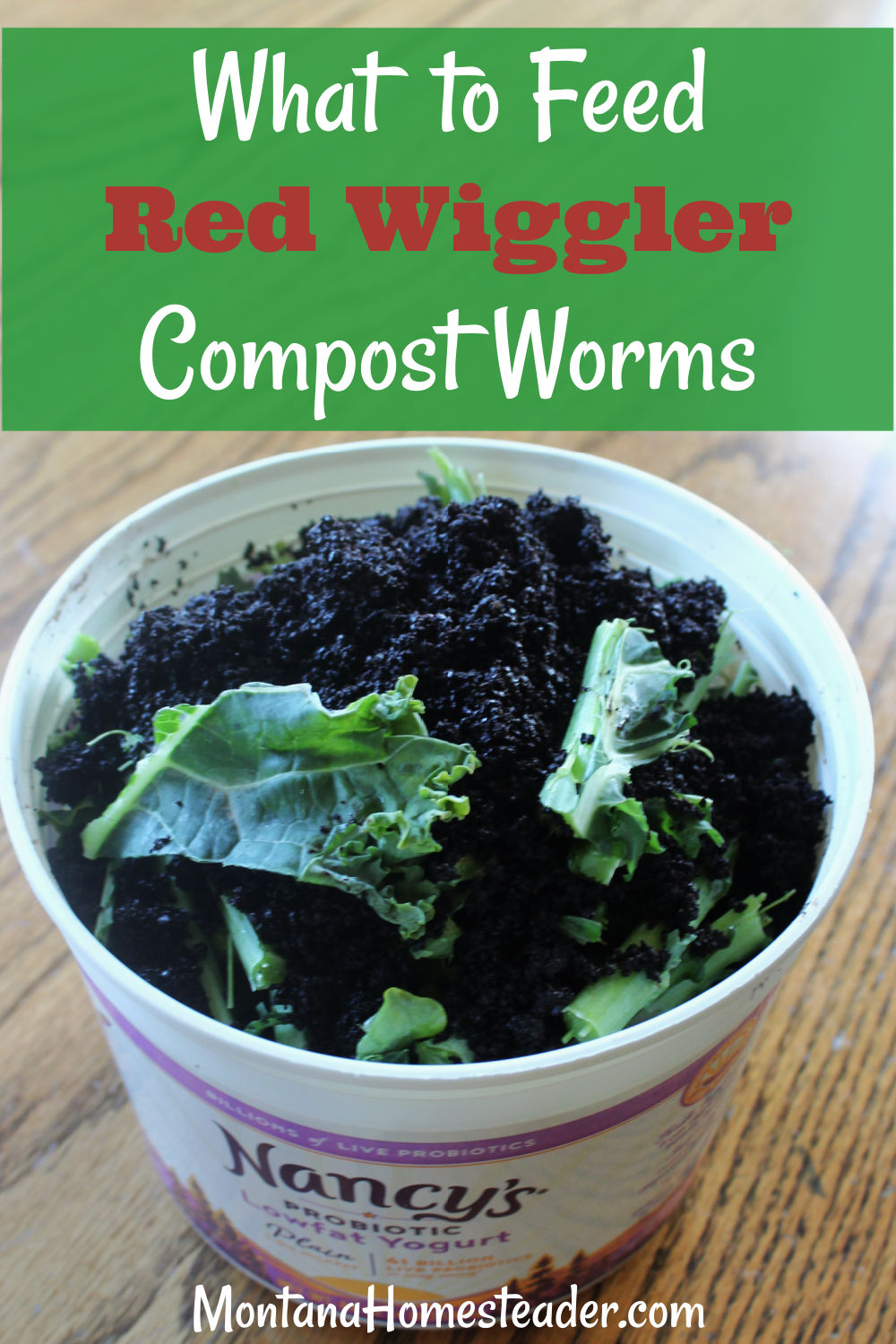Red Wigglers: The Unsung Heroes of Organic Waste Recycling
Red wigglers, or Eisenia fetida, serve as crucial agents in the organic waste recycling process, changing thrown out materials right into useful vermicompost. As the world significantly seeks services to deal with waste buildup and enhance farming performance, comprehending the role of these worms becomes necessary.
What Are Red Wigglers?
The exceptional durability of red wigglers, scientifically recognized as Eisenia fetida, emphasizes their crucial duty in organic waste recycling. These tiny, reddish-brown earthworms are normally discovered in decaying raw material, such as garden compost piles and manure heaps. Lake Hickory Bait. Unlike various other earthworm species, red wigglers prosper in nutrient-rich environments and are highly effective at breaking down natural materials, making them necessary for vermicomposting

(Lake Hickory Bait)In addition to their function in waste reduction, red wigglers add to dirt health by boosting dirt structure and aeration with their tunneling tasks (Lake Hickory Bait). Their presence in composting systems not only improves decay prices yet likewise advertises a lasting method to lose monitoring, illustrating their importance in environmental preservation initiatives
Benefits of Composting With Worms
Composting with worms, particularly red wigglers, provides many benefits that boost both waste monitoring and dirt health and wellness. These worms efficiently damage down natural waste, converting it into nutrient-rich vermicompost that enhances soil. This process increases decomposition, enabling a faster recycling of kitchen scraps and various other natural materials compared to traditional composting approaches.
In addition, the vermicompost generated by red wigglers is bristling with helpful microbes, which assist enhance soil framework, oygenation, and moisture retention. This boosts the general health and wellness of plants, promoting energetic growth and enhanced yields in yards and farming setups. The usage of worms in composting decreases the manufacturing of greenhouse gases, such as methane, contributing to an extra lasting waste monitoring system.

Exactly How to Begin Vermicomposting
Establishing a vermicomposting system is a simple procedure that can generate significant benefits for both waste administration and dirt enrichment. To start, select a suitable container, such as a plastic container or wooden box, with adequate air flow openings to guarantee proper airflow. The dimensions need to preferably be about 2 feet by 3 feet, permitting ample space for the worms to thrive.
Next, prepare bedding material, which can include shredded newspaper, cardboard, or coconut coir. This bedding go to these guys ought to be moistened to produce an appropriate environment for the worms. As soon as the bed linens remains in location, introduce red wigglers (Eisenia fetida) right into the bin, normally around one extra pound of worms for each square foot of surface.
Following the positioning of worms, include natural waste, such as fruit and veggie scraps, coffee grounds, and smashed eggshells. Stay clear of adding dairy, meat, or oils, as these can create smells and bring in insects. Place the container in a shaded, temperature-controlled area to preserve optimal problems for worm task. With these steps, you will efficiently start a vermicomposting system that adds to sustainable waste management and enriches your dirt.
Maintaining a Healthy And Balanced Worm Container
(Red Wiggler Express)Keeping a worm container flourishing calls for regular focus and care to make certain the health and wellness of the red wigglers and the efficiency of the composting procedure. Correct maintenance starts with keeping track of the dampness levels; the bin should be moist yet not soaked. An excellent general rule is to preserve an uniformity comparable to a wrung-out sponge.
Oygenation is essential. Delicately blending the bed linens and food scraps every few weeks prevents compaction and guarantees that all worms have access to oxygen. In addition, it is essential to feed the worms properly. A balanced diet plan of fruit and veggie scraps, coffee grounds, and crushed eggshells must be used in moderation to prevent overfeeding, which can bring about smells and pests.
Temperature regulation is another important facet. Red wigglers flourish in a series of 55 to 77 levels Fahrenheit. If the container comes to be too warm or chilly, the worms might come to be worried - Lake Hickory Bait. Lastly, occasionally look for signs of health and wellness, such as worm populace development and the visibility of healthy castings. By faithfully taking care of these factors, one can maintain a robust and effective worm container.
Influence On Lasting Living
The successful upkeep of a worm bin not only benefits the health and wellness of red wigglers yet additionally contributes substantially to lasting living techniques. By reusing natural waste, such as cooking area scraps and yard debris, red wigglers assist divert substantial amounts of material from land fills. This decrease in waste not only reduces greenhouse gas discharges but additionally reduces the environmental burden linked with waste administration.
Furthermore, the spreadings created by red wigglers work as a nutrient-rich natural fertilizer, boosting soil wellness and advertising plant growth. This all-natural option to chemical fertilizers sustains sustainable agriculture and horticulture methods, decreasing dependence on artificial inputs that can hurt environments. In addition, worm composting promotes recognition of waste administration, encouraging people and communities to embrace more sustainable behaviors.

Conclusion
In summary, red wigglers offer as crucial factors to organic waste recycling with their efficient disintegration of natural materials. By incorporating vermicomposting right into waste monitoring approaches, individuals and areas can considerably minimize waste while promoting ecological sustainability.